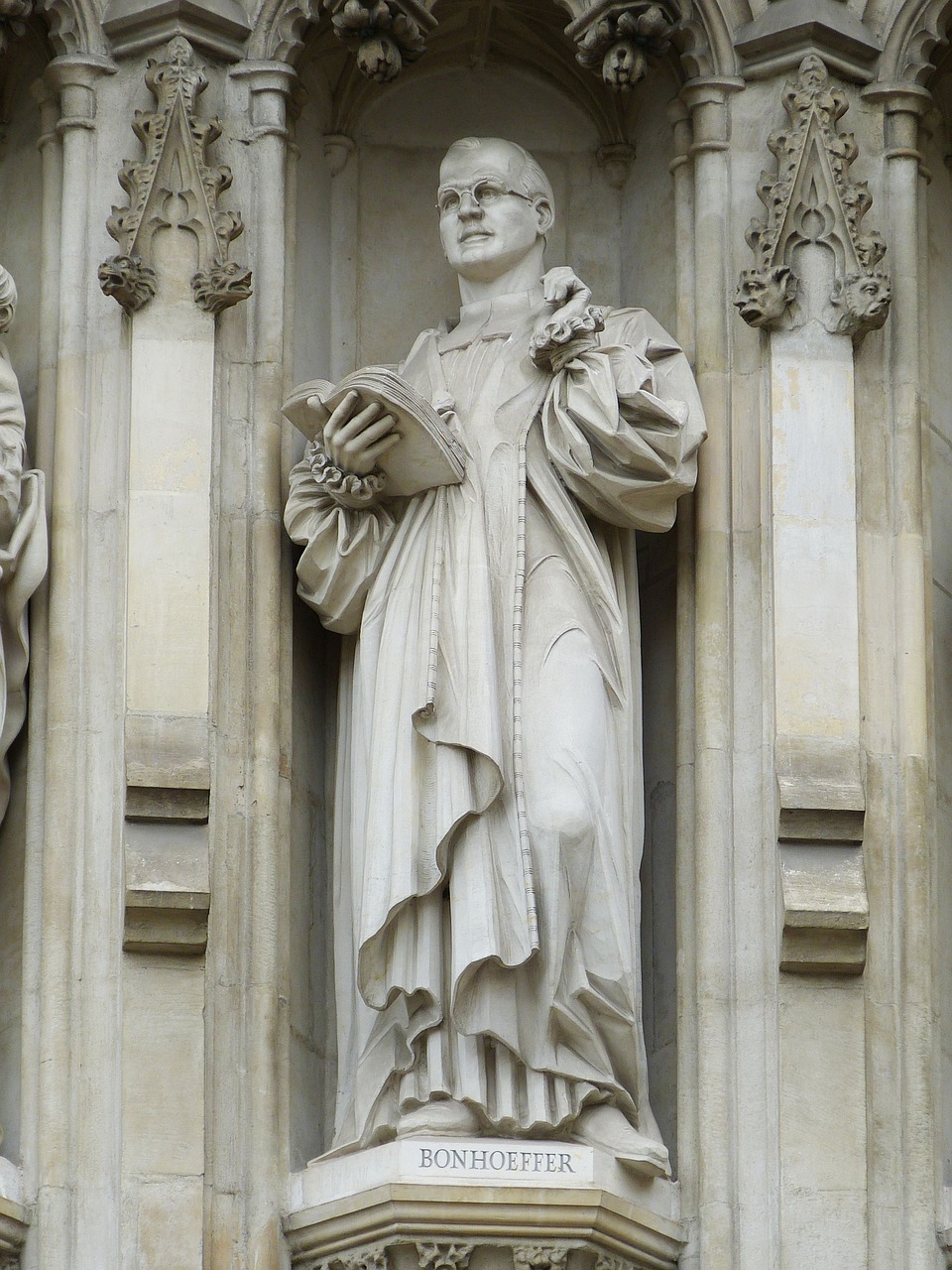Well, that escalated quickly! As soon as my last post published about how all our concerns are being governed by politics the virus came and took over that spot. The core of the post remains true, but things shifted fast.
Login to read more
Sign in or create a free account to access Subscriber-only content.
Topics:
